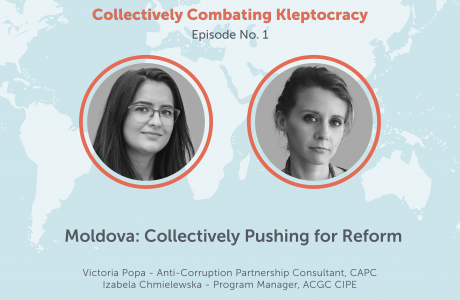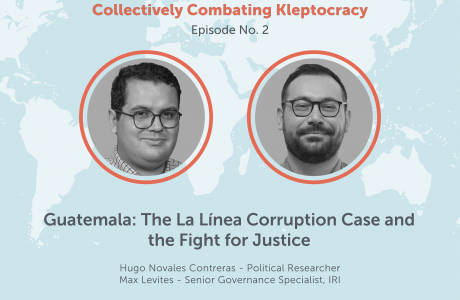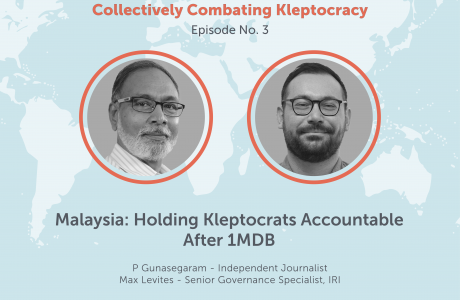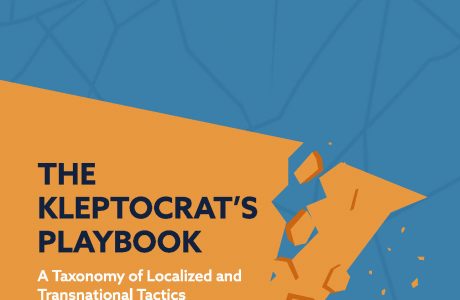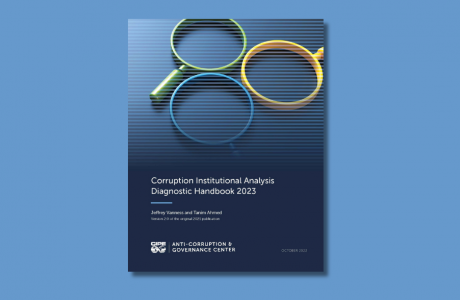Report
This USAID-funded CEPPS/IRI/CIPE report outlines contemporary collective action approaches against kleptocracy. The research rests on key interviews and expert analysis and features 7 country-specific case studies: Armenia, Guatemala, Malaysia, Moldova, Romania, Thailand, and Ukraine. The aim of this report is to provide a framework for successful collective action approaches against kleptocracy across different country contexts. The report includes key takeaways and recommendations for anti-corruption practitioners, keen policymakers, civil society reformers, the business community, and engaged citizens to seize windows of opportunity for collective change.
Collectively Combating Kleptocracy Podcast Episodes
Videos
Watch this video playlist to get a snapshot of the key lessons from the country case studies featured in the report.
Kleptocracy Resources
About the Project
This website is a home for the collective action against kleptocracy project and all of its outputs. It has been supported by the United States Agency for International Development (USAID) in collaboration with the Consortium for Elections and Political Process Strengthening (CEPPS) via the USAID-funded Democratic Elections and Political Processes (DEPP) award. This project has been co-implemented by the International Republican Institute (IRI) and the Center for International Private Enterprise (CIPE). The featured report, podcasts, and videos are the core products of this project and have been completed with key inputs from international experts and in-country researchers. The views expressed herein do not necessarily reflect the views of USAID, the United States Government, or CEPPS partners (CIPE and IRI).


